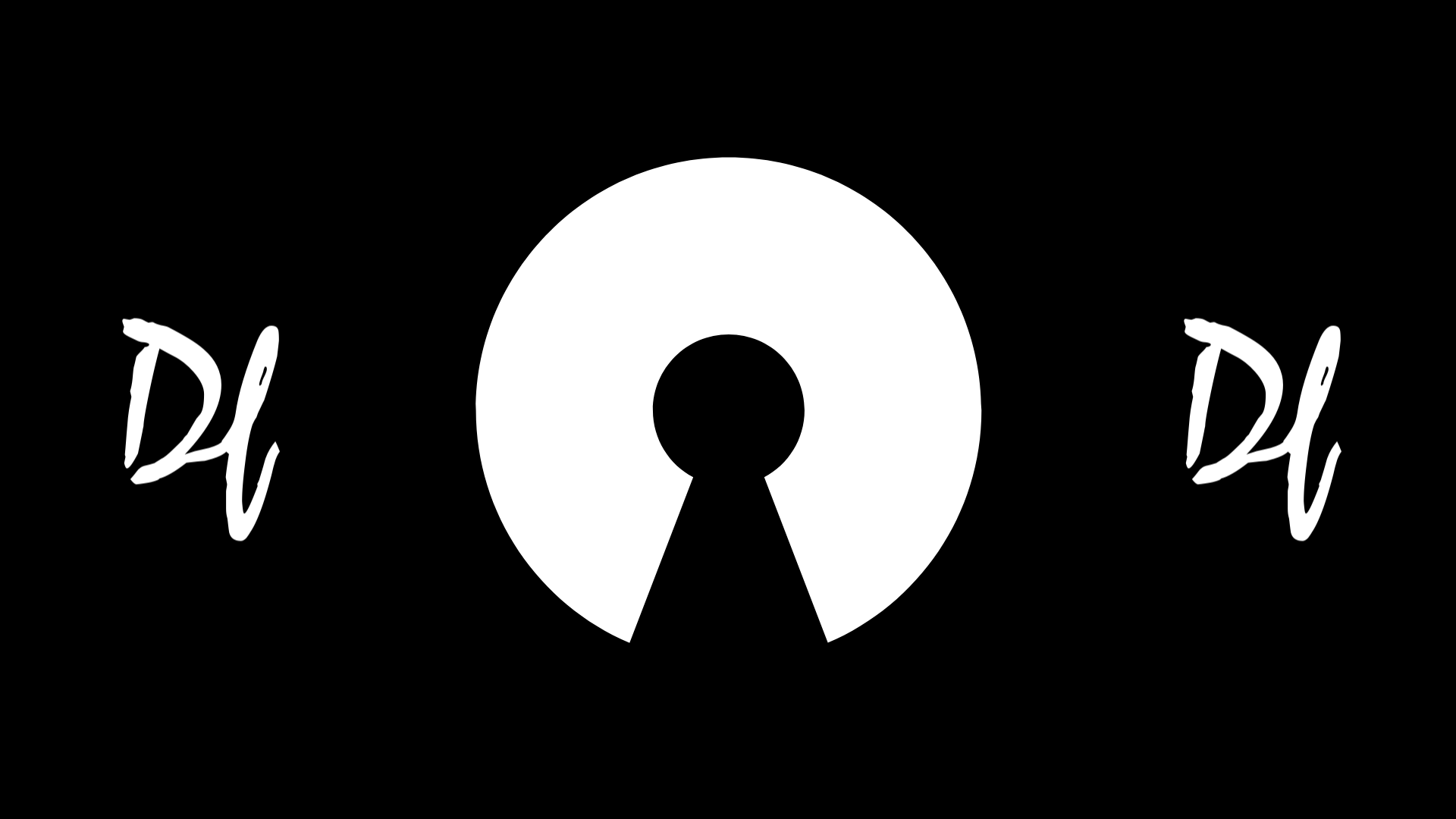The Power of Open Source

Open-source projects have been a cornerstone of the tech world for decades, driving innovation and collaboration like no other model. Their significance is immense, and their role can't be understated.
The Significance of Open Source Projects
Open-source projects are public collaborations that democratize the world of software. Their source code is open to anyone, and they have shaped the technological landscape we see today. Here are some reasons why they're so important:
Innovation: Open source promotes innovation by providing a platform for programmers from diverse backgrounds to collaborate and build upon each other's work. It's not uncommon for ideas generated in the open-source world to reshape entire industries.
Education: Open source projects provide excellent opportunities to learn. Whether you're a beginner looking to understand a new language, or an experienced programmer exploring a new domain, there's no better teacher than real-world experience.
Career Development: Contributing to open source can open doors for your career. Many employers value such contributions because they demonstrate technical skills, collaborative spirit, and passion for your work.
Getting Started with Open Source Contribution
Ready to contribute? Here's a step-by-step guide to get you started:
Step 1: Find a Project
To start contributing to an open-source project, you need to find a project that aligns with your interests or skills. Websites like GitHub, GitLab, and SourceForge are filled with open-source projects.
Step 2: Understand the Project
Spend some time understanding the project and its rules. Most projects have a README file and a CONTRIBUTING guide that outlines the steps to contribute and the rules to follow.
Step 3: Set Up Your Environment
Make sure your coding environment is set up correctly. You may need to install specific software, dependencies, or development tools, all typically mentioned in the project's documentation.
Step 4: Pick a Task
Choose a task to work on. Many projects use issue trackers listing bugs to fix, features to add, and more. As a beginner, look for issues tagged as "good first issue" or "beginner-friendly".
Step 5: Get to Work
Create your own branch of the project and start coding. Be sure to follow the coding style and practices of the project.
Step 6: Submit Your Contribution
Once you're satisfied with your changes, it's time to submit a pull request. A project maintainer will review your work and, if accepted, merge it into the main project.
The Future is Open Source
Open source isn't just a software development method; it's a philosophy that promotes collaboration, inclusivity, and learning. Contributing to open-source projects can help shape the future of technology, and there's no better time to start than now. So, find a project that sparks your interest and start contributing – it's a journey worth embarking on